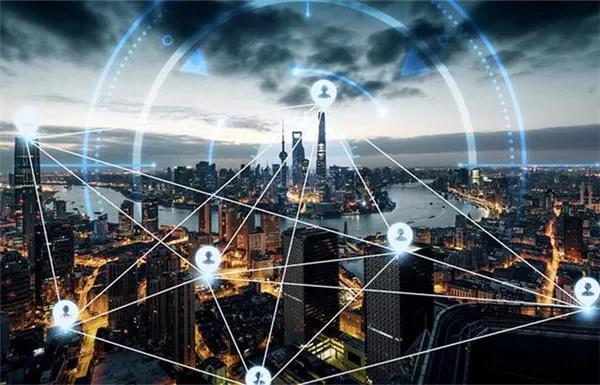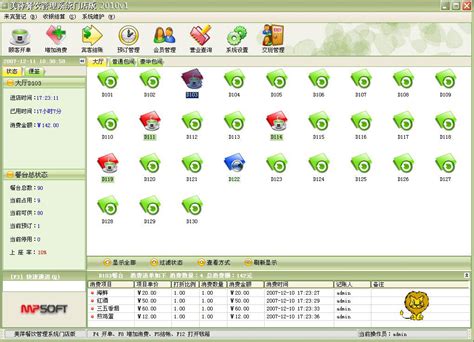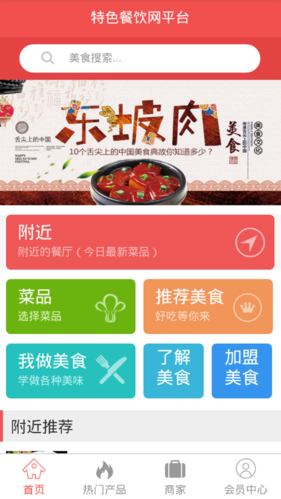公共区块链基础建设的
Exploring Applications of Blockchain in Public Resource Management
Blockchain technology, with its decentralized and immutable nature, holds significant promise for transforming various sectors, including public resource management. In this article, we delve into the potential applications of blockchain in managing public resources.
One of the most compelling use cases for blockchain in public resource management is in land registry and property management. By recording land titles and property ownership on a blockchain, governments can ensure transparency, reduce the risk of fraud, and streamline the process of buying and selling property. Smart contracts can automate transactions, eliminating the need for intermediaries and reducing the associated costs.
Blockchain technology can also be leveraged to track and trace public resources throughout the supply chain. Whether it's food, medicine, or natural resources, blockchain provides a transparent and tamperproof ledger that enables stakeholders to verify the origin and authenticity of products. This can be particularly valuable in ensuring the safety and integrity of public resources.

Blockchainbased voting systems have the potential to revolutionize the way elections are conducted, making the process more transparent, secure, and accessible. By recording votes on a blockchain, governments can prevent tampering and ensure that each vote is counted accurately. Additionally, blockchain voting systems can enable remote voting, allowing citizens to participate in elections from anywhere in the world.
Managing identities is a critical aspect of public resource management, particularly in areas such as healthcare, education, and social services. Blockchain technology offers a secure and decentralized solution for identity management, allowing individuals to maintain control over their personal data while still enabling trusted parties to verify their identity. This can help reduce identity theft and fraud while ensuring that individuals have access to the resources and services they need.
Blockchain can facilitate peertopeer energy trading, enabling individuals and businesses to buy and sell excess energy directly to one another. This can help optimize energy distribution, reduce costs, and promote the use of renewable energy sources. By decentralizing the energy grid, blockchain technology can increase resilience and efficiency, ultimately benefiting both consumers and the environment.
In the realm of public health, blockchain technology can be used for realtime surveillance of disease outbreaks and other healthrelated data. By securely recording and sharing medical records on a blockchain, healthcare providers can gain insights into population health trends while still protecting patient privacy. This can enable more effective responses to public health emergencies and support evidencebased policymaking.
Blockchain technology can play a crucial role in environmental conservation efforts by enabling transparent tracking of natural resources and wildlife. For example, blockchainbased systems can monitor the supply chain of timber to ensure that it is sourced sustainably and legally. Similarly, blockchain can be used to track the movements of endangered species to prevent poaching and illegal trade.
Blockchain technology has the potential to revolutionize public resource management across various domains, from land registry to environmental conservation. By leveraging blockchain's transparency, security, and decentralization, governments can enhance efficiency, reduce fraud, and promote sustainable use of resources. However, successful implementation will require collaboration between governments, industry stakeholders, and technology experts to overcome challenges and realize the full potential of blockchain in managing public resources.











